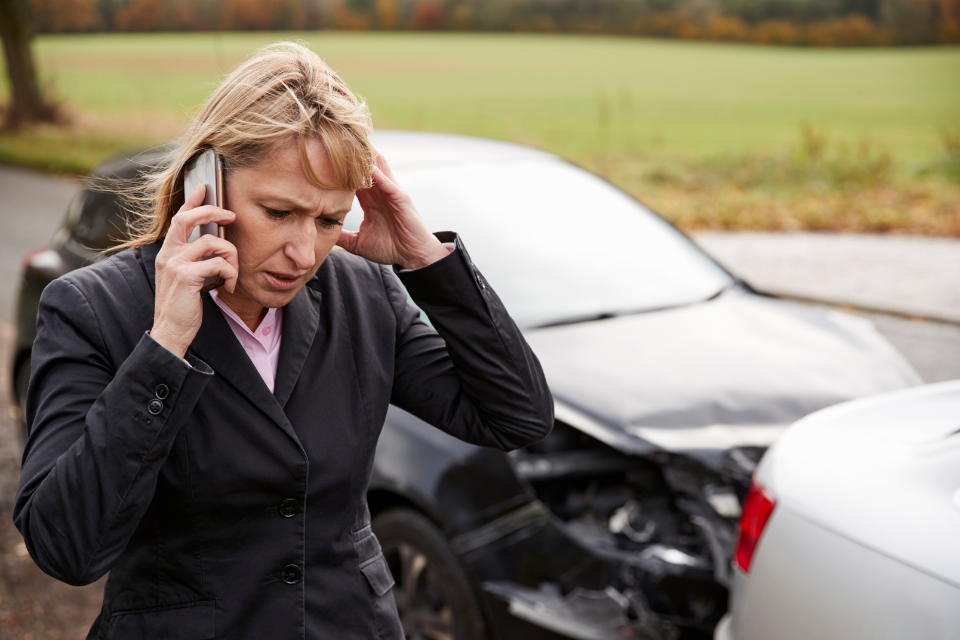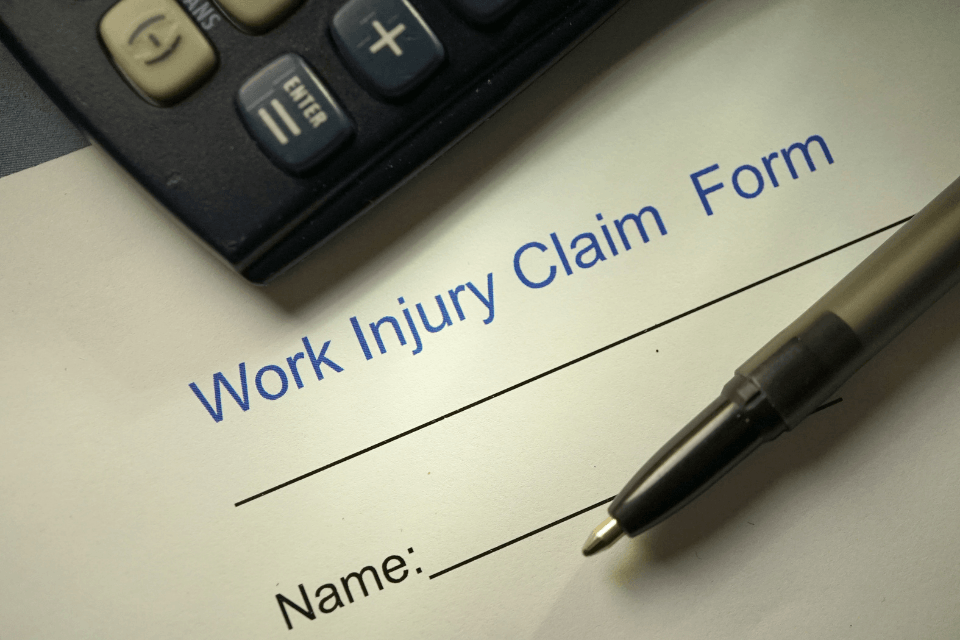The main condition required to be eligible for the compensation is the accident needs to occur when performing work duties. For example, when deriving a business car during work hours or running an errand ordered by your employer, it will be assumed the travel is work-related.
Some common car accident scenarios that are fully covered include driving from a worksite while heading to another. The travel includes making visits to clients and other work-related tasks that demand you to switch between locations.
The policy will also cover auto accidents as you transport an employee for business reasons. For example, when taking a colleague to any destination and unfortunately getting into an accident, you should be compensated for any injuries incurred.
Workers' compensation will insure you when you get in an accident when running errands on behalf of your employer or when making deliveries during work hours. It also works. Although there are exceptions for situations when you can claim compensation after an accident, your attorney or representative needs to confirm some facts.
First, they must prove that the accident happened during work hours when performing your employee duties. Therefore, when you get in an accident during lunch break or after working hours, it is considered personal time, and you may be ineligible for compensation. In such a case, your employer will cover you.












